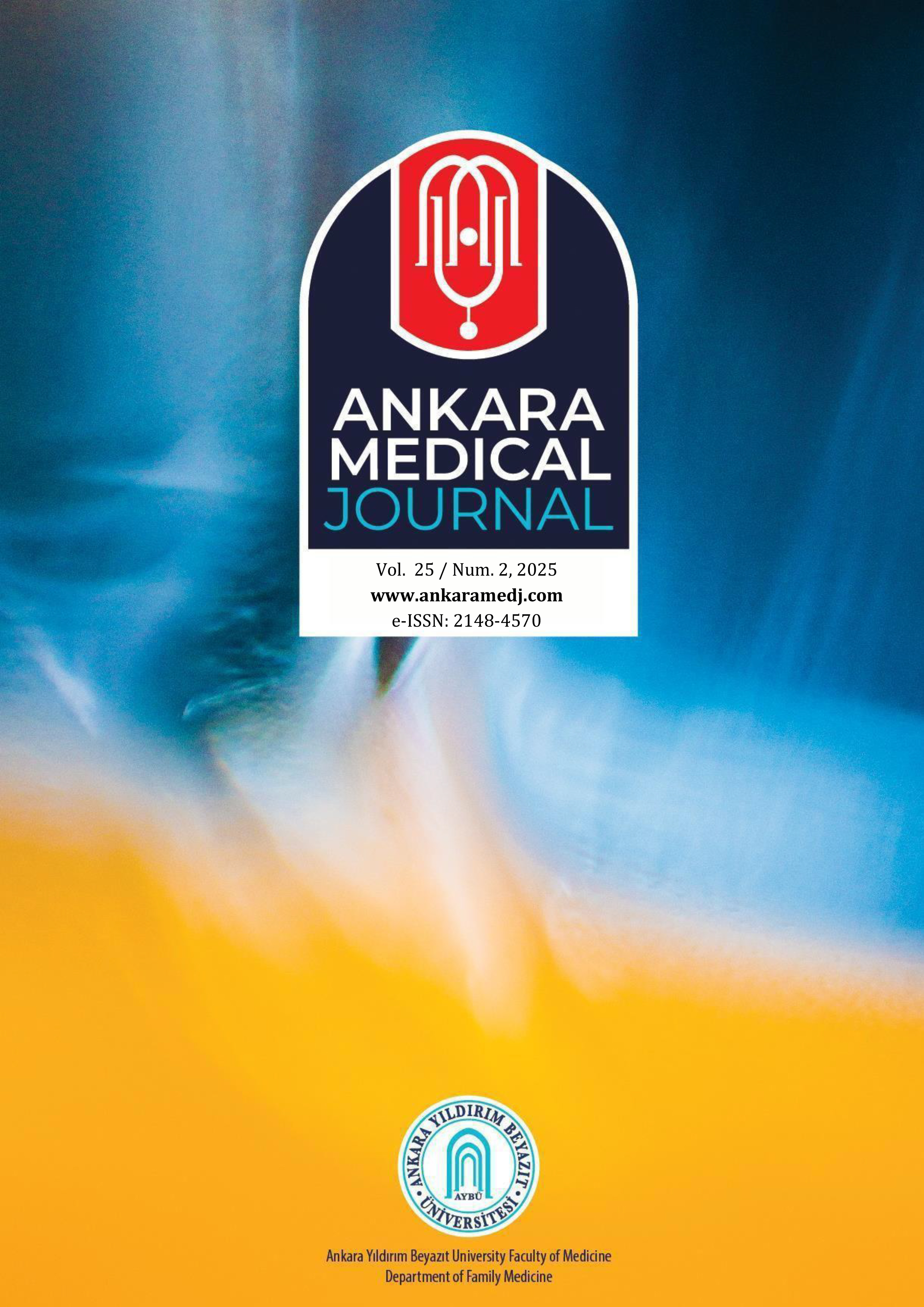Evaluation of medication adherence of individuals with chronic diseases during Ramadan
Tuğba YılmazDepartment of Family Medicine, Ankara Bilkent City Hospital, Ankara, TürkiyeINTRODUCTION: Our study aimed to evaluate the adherence of individuals with chronic diseases who need to take regular medication during Ramadan.
METHODS: A total of 152 fasting individuals over 18 years with at least one chronic disease who visited Ankara City Hospital Family Medicine Outpatient Clinic for any reason within one month between April and May 2023 during Ramadan were included. A unique structured questionnaire form and the MMS (Modified Morisky Scale-Turkish version) measuring medication adherence were used in the study.
RESULTS: Among the participants of the study, 55.92% of the patients were female, 89.47% of the patients were married, and 61.18% were unemployed. 38.16% of the patients were elementary school graduates. The most common chronic diseases were found as hypertension at 54.95%, diabetes at 38.16%, and hypothyroidism at 17.11%. The rate of disruption in medication compliance was statistically higher among employed patients (p=0.040). It was observed that elementary school graduates were significantly more compliant in medication use than graduates with higher education levels (p=0.005; p=0.031). 67.11% of the patients stated that they "always" used their medications regularly.
DISCUSSION AND CONCLUSION: Medication use was found to be affected by many factors in patients with chronic diseases who should take medication regularly. There was a change in the time of taking medication during Ramadan. Most of the patients were found to have high motivation and a high level of knowledge, according to the MMS. Patients' medication compliance increased with increasing age. In light of these findings, proactive assessment by primary care physicians prior to the start of Ramadan may play a pivotal role in improving medication and treatment adherence among affected patients.
Manuscript Language: English
(897 downloaded)





